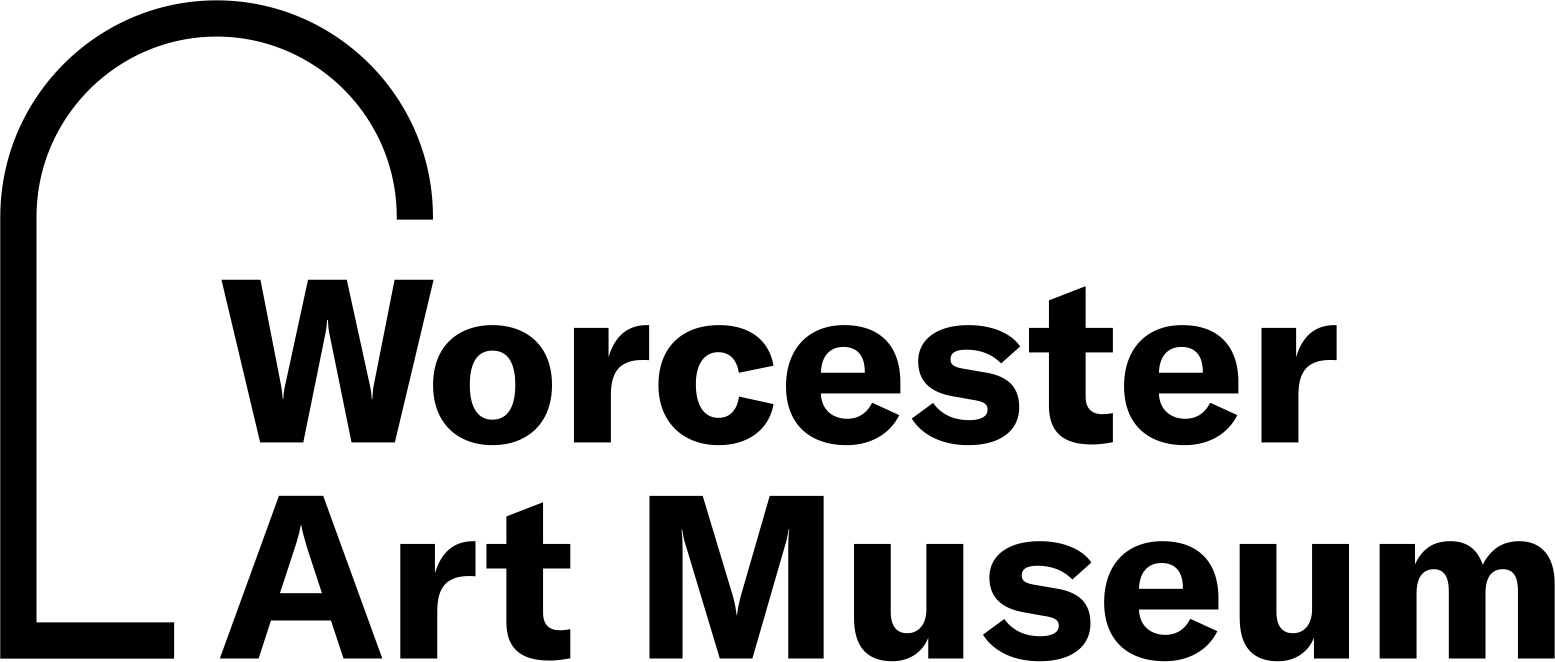Lounging Woman
Artist
Martha Rosler
(American, born 1943)
Date2004
Mediumphotomontage
Dimensions61 x 50.8 cm (24 x 20 in.)
ClassificationsPhotographs
Credit LineStoddard Acquisition Fund
Terms
Object number2008.15
Label TextIn her pioneering first Bringing the War Home series, Martha Rosler combined news photos of the Vietnam War from Life magazine with images of a prosperous post-World War II America, epitomized by the domestic interiors reproduced in House Beautiful. In jarring juxtapositions and scenes of estrangement, pristine living rooms and cheerful kitchens were “invaded” by refugees and landscapes of war. With the photomontage medium, Rosler emphasized the irreconcilable gulf and nonetheless imaginary line between the intertwined realities of here and there, us and them. Driven by her renewed sense of urgency and outrage in response to the U.S. invasion of Iraq, Rosler created a second series in 2004, updating earlier strategies to reflect the latest technologies and fashions, the new perpetrators and victims. In Tron (Amputee), the war-torn body of a Vietnamese girl stands in the comfortable space of the modern living room and disrupts the border of the page, leaving the integrity of neither intact. In Lounging Woman, a seductive young woman appears oblivious to a scene of soldiers searching the ruins of a bombed Iraqi building, her pose a disturbing parody of those fallen, whether civilian or combatant casualties.
"Us Them We": Rosler’s first series House Beautiful: Bringing the War Home (1967–72) blended pages from the popular home decor magazine House Beautiful with scenes of the Vietnam War taken from news magazines such as Life. Throughout the series, she inserted the war into polished interiors that represented the mid-20th-century, white, suburban “American dream.”
During President George W. Bush’s administration, Rosler revisited her pioneering series to protest the wars in Iraq and Afghanistan. In Lounging Woman, Rosler contrasts an affluent woman blissfully lazing about, with a news photograph of soldiers on heightened alert in a warzone. Like the original, the new series makes visible the economic and geopolitical gulf between “here and there” and “us and them.”ProvenanceThe artist; Mitchell-Innes & Nash, New York, NYOn View
Not on view












